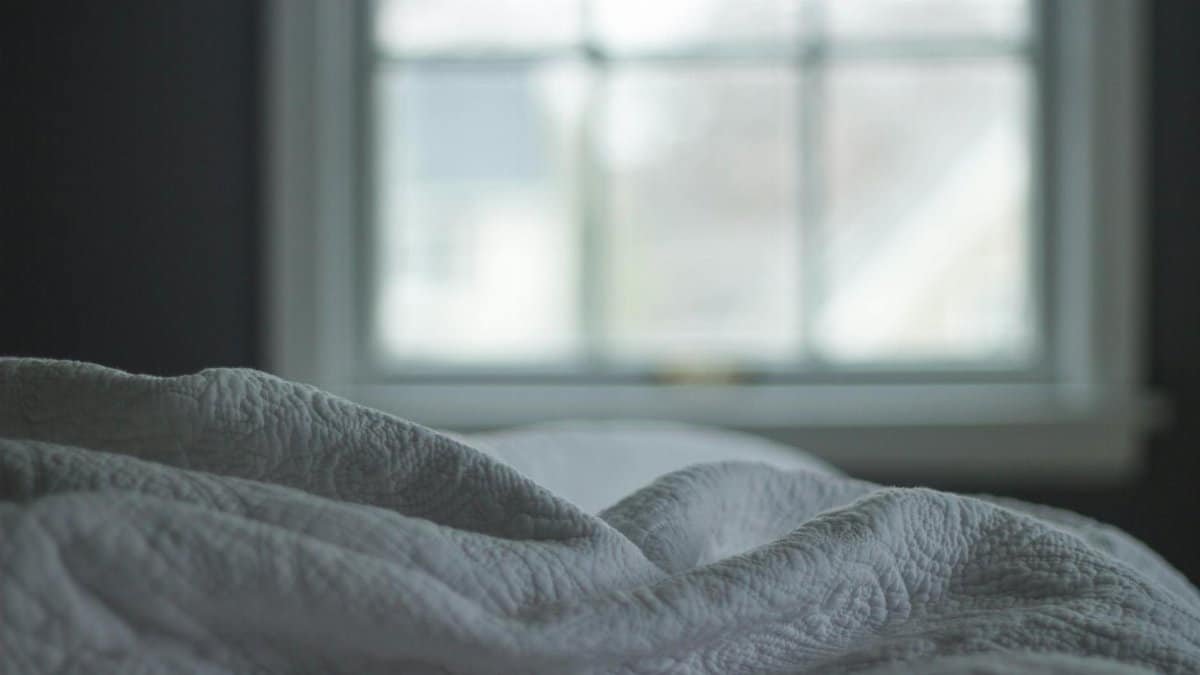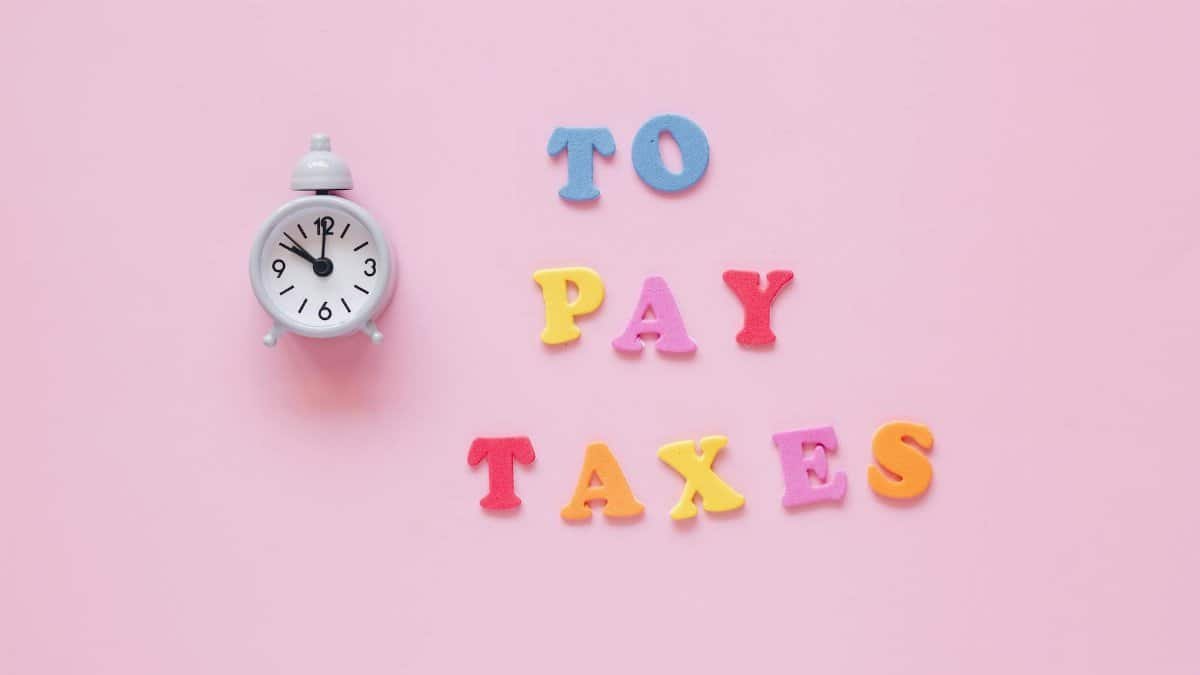Is the best time to meditate really a game-changer for your mental health? New research suggests it might be, with science pointing to specific times of day when your body and mind are primed for maximum benefits. Whether you’re a seasoned meditator or just starting out, timing could be the key to unlocking deeper focus and calm. Studies reveal that aligning your practice with natural circadian rhythms can enhance results. Let’s break down what experts are saying about when to sit, breathe, and reset.
Morning: The Brain’s Prime Window

Many researchers argue that early morning, specifically between 5 a.m. and 7 a.m., is the best time to meditate. At this hour, your cortisol levels are naturally rising, helping you feel alert yet calm. A study from the University of California suggests that morning meditation can reduce stress hormones by up to 25% throughout the day. This sets a positive tone, improving focus and emotional resilience for whatever lies ahead.
Midday: A Reset for Stress

If mornings don’t work, midday—around noon to 2 p.m.—offers a solid alternative. This window aligns with a natural dip in energy, often called the “post-lunch slump.” Meditating now can counteract fatigue and boost productivity for the second half of the day. Experts at the National Institutes of Health note that a brief session during this time can lower blood pressure and combat anxiety spikes ( NIH News ).
Evening: Unwinding for Sleep

For those seeking relaxation over focus, evening meditation between 8 p.m. and 10 p.m. might be ideal. This timing helps signal to your body that it’s time to wind down. Research published by Harvard Medical School shows that evening mindfulness practices can improve sleep quality by reducing racing thoughts ( Harvard Health ). It’s a powerful tool for insomniacs or anyone with a busy mind at night.
Why Timing Matters

Your body operates on a circadian rhythm, a 24-hour internal clock that regulates energy, mood, and alertness. Aligning meditation with these natural peaks and valleys can amplify its effects. Scientists say syncing your practice with these cycles enhances neuroplasticity—your brain’s ability to adapt and rewire—making mindfulness more impactful. Timing isn’t just a preference; it’s a biological strategy for better results.
Personal Factors to Consider

While science highlights optimal windows, the best time to meditate also depends on your lifestyle. Night owls might struggle with early mornings, while busy professionals may only have evenings free. Experts recommend consistency over perfection—pick a time you can stick to daily. Even 10 minutes at a suboptimal hour is better than skipping altogether. Tailor your practice to your schedule for sustainable benefits.
How to Test Your Ideal Time

Finding your sweet spot doesn’t require a lab. Experiment by meditating at different times—morning, midday, evening—over a week. Track how you feel afterward: Are you more focused? Less stressed? Apps or journals can help log mood and energy shifts. Once you pinpoint what works, build a routine. Science offers a guide, but your body’s feedback is the ultimate judge of when to meditate for peak impact.
